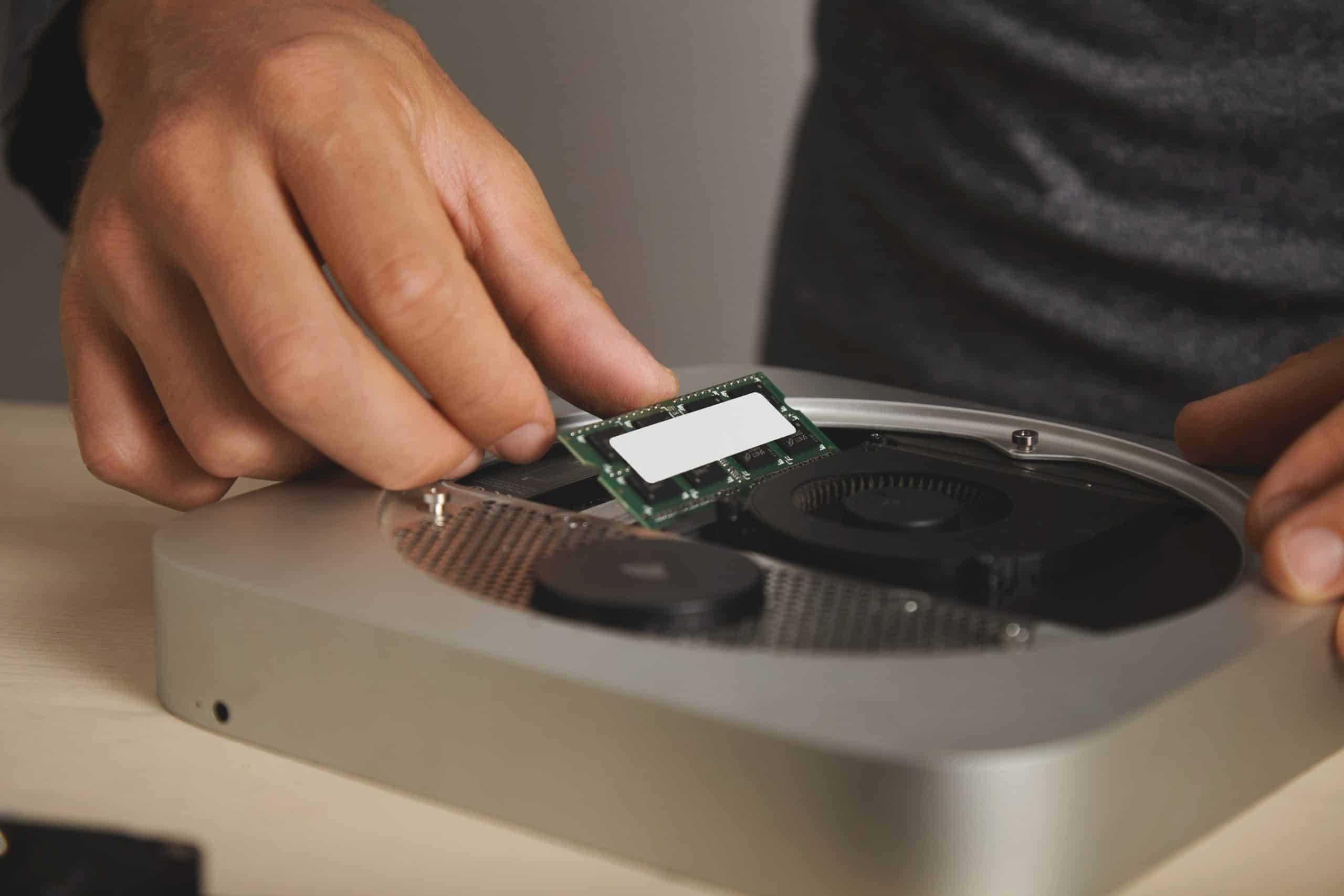What’s the Best Approach to Seal Small Leaks in a Car’s Air Conditioning System?

Taking care of your vehicle includes taking care of every component within it, including its air conditioning system. This system is a crucial part of your automobile, especially in harsh weather conditions where you need to regulate the temperature inside your vehicle. However, it’s also one of the parts that frequently face issues like refrigerant leaks. These tiny leaks may seem insignificant, but they can cause your air conditioner to perform poorly and even lead to severe damages if not promptly addressed. So, what’s the best approach to seal small leaks in a car’s air conditioning system?
Understanding the Importance of a Properly Functioning Air Conditioning System in Your Car
Before we delve into the process of sealing leaks in your car’s air conditioning system, let’s first understand why maintaining this system is vital for your vehicle’s overall performance. Your car’s air conditioning system is not just a luxury feature, but an essential aspect that contributes to comfortable and safe driving conditions.
A lire en complément : How Does a Short Ram Intake System Affect the Performance of a Mitsubishi Lancer Evolution?
A functional air conditioning system does more than just keep your car’s interior at a comfortable temperature. This system also helps in filtering out dust, pollen, and other pollutants from the air inside your car, enhancing the air quality and creating a healthier driving environment.
However, like any other auto part, the air conditioning system is also susceptible to wear and tear. It might develop issues over time, especially if the vehicle undergoes frequent use or is exposed to harsh conditions. One common problem that many car owners face is leaks in the air conditioning system.
En parallèle : How to Replace a Broken Interior Door Handle on a Volkswagen Passat Quickly?
Recognizing the Signs of a Leaky Air Conditioning System
To fix a leaky air conditioning system, you first need to identify it. While the signs may vary from vehicle to vehicle, there are a few common indicators that you should be aware of. Identifying these signs early on can save you from more expensive repairs in the long run.
The most obvious sign of a leak in your car air conditioning system is a decrease in cooling efficiency. If your car’s interior doesn’t cool down as quickly as it used to, or if the air blowing out of the vents isn’t as cold, it may indicate a refrigerant leak.
Another telltale sign of a leak is the presence of a damp or sweet-smelling odor inside your car. This is because the refrigerant used in most car air conditioning systems has a distinctive, sweet smell. If you notice such an odor, it’s likely that your air conditioning system is leaking.
The Role of the Compressor and Refrigerant in Your Car’s Air Conditioning System
The compressor and the refrigerant play a significant role in your car’s AC system. They are the heart and blood of the system, respectively.
The compressor, driven by the vehicle’s engine, is responsible for compressing the refrigerant, which is a low-pressure gas at this stage. This compression process heats up the refrigerant, turning it into a high-pressure gas. It is then condensed into a high-pressure liquid by passing through the condenser, where it loses heat and becomes a high-pressure liquid.
The refrigerant then circulates through the system, absorbing heat from the car’s interior and releasing it outside, thus cooling down the car’s inside. If there is a leak in the system, the refrigerant will escape, causing the air conditioning system to work less efficiently.
Best Practices in Sealing Small Leaks in Your Car’s Air Conditioning System
When you notice a leak in your air conditioning system, the best approach is to seek professional help immediately. Although small leaks may seem manageable, they can escalate into bigger problems if not properly addressed.
Professionals in auto repair service are equipped with the knowledge and tools required to locate and seal leaks in your car’s air conditioning system. They use a variety of methods to detect leaks, including UV dye testing, electronic leak detectors, and simple visual inspections. Once the leak is detected, it is sealed using high-quality sealants that can withstand the high pressure within the air conditioning system.
Maintaining recommended refrigerant levels and pressure within the system is also a crucial part of the repair process. This ensures the system functions optimally and minimizes the risk of future leaks.
While professional repair is the best approach, there are also DIY sealants available in the market for minor leaks. However, these should be used as temporary solutions and should not replace professional service.
In summary, the best approach to sealing small leaks in your car’s air conditioning system involves early detection, professional repair, and maintaining the system in good condition by performing regular checks and services. As with any other vehicle component, prevention is always better than treatment. Therefore, ensure that you maintain your car’s air conditioning system in top shape to avoid facing inconvenient and costly repairs in the future.
How to Prevent Leaks in Your Car’s Air Conditioning System
Preventing leaks in your car’s air conditioning system is relatively straightforward. It all boils down to following a maintenance schedule and being mindful of how you use your air conditioner.
Regular maintenance check-ups are significant. During these check-ups, professionals will examine various aspects of your air conditioning system, including the service port, evaporator coil, and other auto parts. They will conduct a leak detection test, check the refrigerant levels, inspect the state of the seals and O-rings, and assess the overall efficiency of the system. If there’s a freon leak, they will use a leak sealer to fix it instantly.
Another essential preventive measure is not to overwork your air conditioner. For instance, rather than immediately cranking up the air conditioning on a hot day, first, let some of the hot air out by slightly opening the windows. This practice reduces the load on your air conditioner, helping to prolong its life and prevent possible refrigerant leaks.
Lastly, keep a keen eye on the low side service port. It’s a common area for leaks due to its continuous exposure to high pressure. Regular inspection of this area can help you detect a leak early enough before it worsens.
Conclusion: A Healthy Air Conditioning System is Key to Comfortable Driving
In summation, a healthy air conditioning system is crucial to the overall comfort and safety of your driving experience. It does more than just keep your car cool during hot weather; it also plays a significant role in maintaining good air quality inside your car. Therefore, staying on top of your car’s air conditioning maintenance should be a priority for every car owner.
Remember that early detection of a conditioner leak is crucial in preventing bigger issues that could result in costly repairs. By following a regular maintenance schedule, keeping an eye out for signs of a leak, and not overworking your air conditioner, you can keep the system in optimal condition for a longer time.
However, in case of a leak, it’s best to seek professional help immediately. Auto repair professionals are equipped with the right tools and expertise to diagnose and fix your air conditioning problem efficiently and effectively.
In a nutshell, taking good care of your car’s air conditioning system not only enhances your comfort but also safeguards your health and the health of your passengers by ensuring clean and fresh air inside your car.
